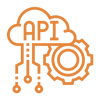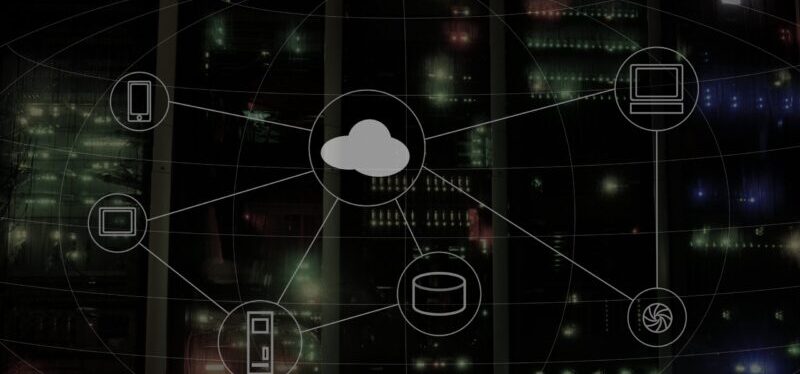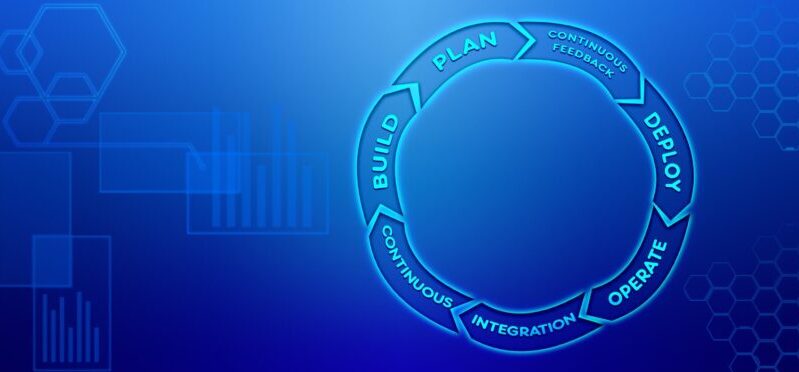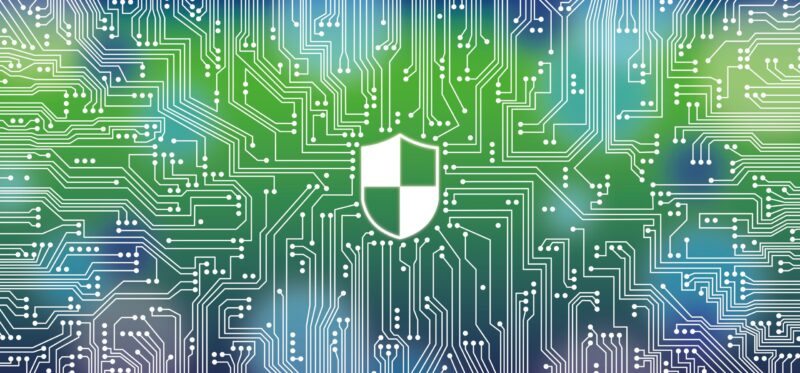Agile DevSecOps
As software development processes become complex and tedious, projects tend to lag and cause backlog in other operational processes if not well managed. Apart from using the traditional agile methodology to give teams flexibility during software development, DevSecOps, Development, Security, and Security, adds an automated layer to the software development process, which encourages high collaboration and efficiency for comprehensible workflow.
At Akira, we help our customers advance to a modern state of DevSecOps performance. We’ve spent years cultivating advanced DevSecOps practice capabilities and that allows us to deliver modern, transformative software solutions that achieve your mission objectives. Akira engineers bring true DevSecOps culture and practices to build flexible, secure, and scalable software with our proven tools and techniques. We help you reduce risk with fully automated, on-demand deployments and eliminate waste and optimize legacy workloads with modern architectures to get users the capabilities they need quickly. Our team of Certified Scrum Masters and Certified Scaled Agilists can create powerful, intuitive dashboards that give you actionable insights at a glance, allowing you to keep your projects on track and identify issues before they become problems.

DevOps CICD Services
With an in-depth knowledge of CI/CD (Continuous Integration/ Continuous Delivery or Deployment) pipeline, a series of steps that must be performed to deliver a new version of software, can assist developers focus on improving software delivery using DevOps or site reliability engineering (SRE), or an integration of both methods. This introduces monitoring and automation to improve the process of application development, particularly at the integration and testing phases, as well as during delivery and deployment.
Akira can help you automate and accelerate the entire software delivery cycle. With extensive experience in DevSecOps, we can build an automated method of sourcing, building, testing, and deploying of your newly established software. This will enable your organization to deliver modern, transformative, flexible, secure, and scalable software that ensures success of your individual organizations. This is not limited to introduction of ongoing automation, but also to continuous monitoring throughout the lifecycle of apps, from integration and testing phases to delivery and deployment.

API Management
This is done by ensuring proper processes for distributing, controlling, and analyzing the APIs that connect applications and data across the enterprise and across clouds. They can also use well established APIs to monitor activity and ensure the needs of the developers and applications using API are met so they can respond to rapid changes in customer demands.
Akira can help centralize and optimize the management of your API inventory including analytics, access control, monetization, and developer workflows. In the event of wanting to improve your API discovery, Akira experts will assist in creating a customizable developer portal that is easily manageable and can be shared with internal teams, external partners, and customers. Additionally, centralization will facilitate API dependability, flexibility, quality, speed latency, and cost efficiency for optimized operation.

Containerization Services
As a result, containerization, which is packaging of software code with just the operating system (OS) libraries and dependencies required to run the code to create a single lightweight executable—called a container—that runs consistently on any infrastructure, allows developers to create and deploy applications faster and more securely. More portable and resource-efficient than virtual machines (VMs), containers have become the de facto compute units of modern cloud-native applications
Akira can help you design and deploy an effective containerization strategy that offers significant benefits to your developers and development teams. Portability, agility, speed, faultisolation, ease management, security – isolation of applications as containers inherently prevents the invasion of malicious code from affecting other containers. Software companies large and small are embracing microservices as a superior approach to application development and management, compared to the earlier monolithic model that combines a software application with the associated user interface and underlying database into a single unit on a single server platform.

Infrastructure Automation
This helps IT organizations meet their service level agreements (SLAs) by reducing complexity and frees up valuable resources to focus on business value rather than low level infrastructure management. These processes increase uptime and consistency while accelerating deployment of new and changed workloads.
Akira can assist in automating your organization’s operation as your infrastructure grows. This will help ease your teams that are struggling to manage the company’s growth with an existing staff. Properly implemented infrastructure automation will streamline ongoing operations, such as network management, user access management, storage and data administration as well as deploying application workloads.
Interested in Agile DevSecOps?
We will answer all of your questions
Insights & Case Studies

Migrating Complex SAS Processes to Databricks | CMS
Akira used AWS cloud and modern, open-source/open-standard data technologies (Databricks & Python/Pandas/PySpark, Flake8) to migrate critical data processes from SAS to Databricks....

Cloud Adoption Analysis and Cloud Service Provider (CSP) Recommendation | FERC
FERC currently manages data set computations using on premise infrastructure and various departments relaying on its rapidly growing 14 TiB data warehouse for analytical tasks to be consumed enterprise wide...

Modernization & Implementation of Enterprise Architecture | FERC
OIT provides IT services to EIA customers. OIT is responsible for providing IT infrastructure, application development and support and user services to over 600 Federal and contractor staff.....

IT Policies Development and ServiceNow ITSM Implementation | DOE
Office of Information Technology had no accepted or written policies for critical infrastructure management functions. Consequently, conflicting or unclear rules existed for decision-making and response actions...


